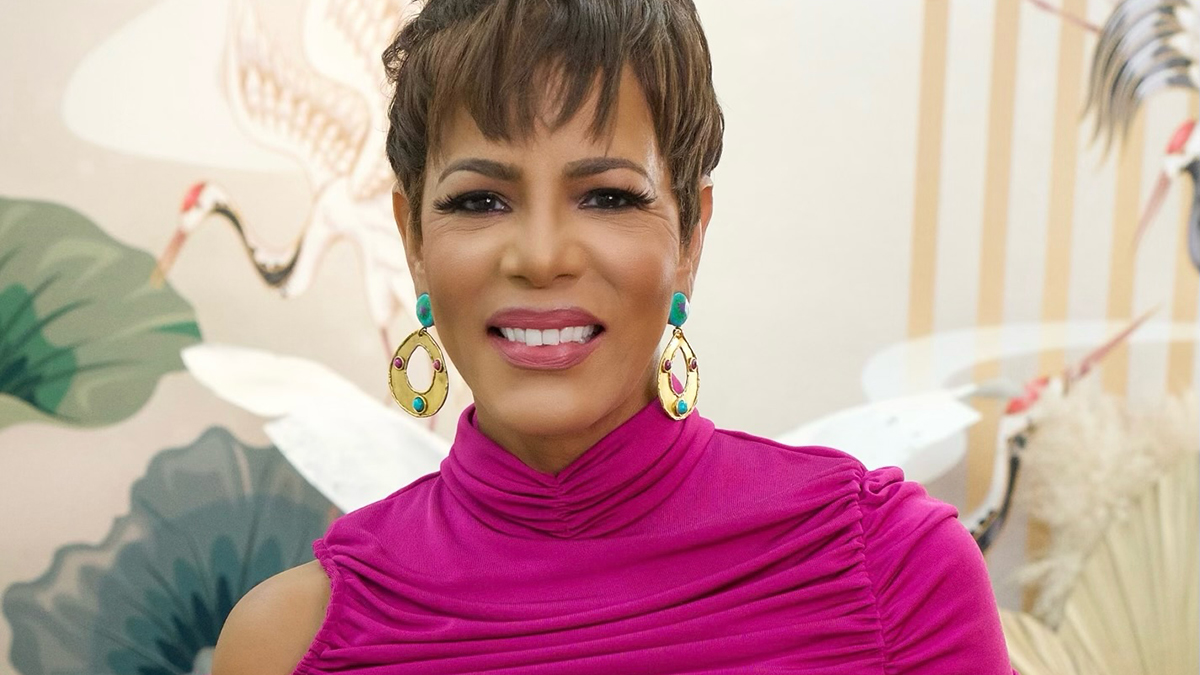Whether you’re an artist on the verge of signing a long-sought-after recording deal or a writer looking to pitch a television show or film, one thing is certain–you’re going to need a lawyer. Renowned legal mind, Lisa Bonner, Esq, made time in her schedule to discuss her new book, The LegaliTEAS of Entrepreneurship and how having functional knowledge is the key to success.
Congratulations on your new book, The LegaliTEAS of Entrepreneurship. Why is it so important to acquire legal counsel when opening a business?
The book is really a primer on how to piece together legally the essential building blocks in plain language. Whether you’re going to use a lawyer or not, or whether you just need some clear-cut information on the best way to establish a business, there are things you need to know. For example, there’s a difference between an independent contractor and an employee… You need to be armed with the information.
This book is really important because whether you use a lawyer or not, you still need to be informed… This is an easy-to-digest primer for making sure your business is established correctly.
With over twenty years of experience as a successful lawyer and entrepreneur, what are some of the services that you offer others?
I am an entertainment attorney so what that means is I deal with persons in the entertainment industry including actors, writers, producers, directors, and production and distribution companies… I am a full-service lawyer and we’re a full-service law firm. That’s primarily what we do, but I also help establish small businesses. I represent artists and their companies in their business transactions so that everything is protected, and they are engaging with the proper authorities and entities.

You have consulted several of the biggest brands in entertainment and media including Lionsgate, BET, Spin Magazine, and Vibe in as many different aspects of business as financing and production. Which is your favorite sector to work in?
I would say my favorite genre in entertainment is probably television production. I love the creative process and watching it all come together, but also know the business and the legalities that you need to execute to make sure that what you are producing is something that you can actually watch on television. You make sure you have the rights, and what we call a “Chain of Title” …Everything you see on your television screen has been touched in some kind of way by a lawyer who made sure that everything was handled properly. I love the creative process and working together in a synergistic way to put out content that people enjoy. I actually enjoy all of what I do. As an entertainment lawyer, you can tailor your work to what you want to do and what brings you joy.
What would you say are the decisive factors of whether or not you take on a client?
It depends on the timing of the situation. There are times when I cannot take on a new client because it involves an entirely new process and an entirely different intake. Or, if I’m not interested in it, then I won’t take it on. Also, personality plays a big part in it as well. People tend to do business with people that they like. There is no sense in working with somebody that doesn’t resonate with you.
What would you say are the most common mistakes entrepreneurs make when launching a business?
I’d say there are a couple of common mistakes which is why the book will be helpful. For example, a lot of people don’t know why they’re forming an LLC or whether it is the proper tax vehicle for what they need to do versus forming a corporation… People can also jump into marketing too soon without knowing if their moniker or name is available. They don’t realize the difference between a contractor and an employee, which can be a very costly mistake. Is this person required to be available to you on a daily or weekly basis? Will you get in penalized by local, state, and federal tax agencies when you thought you could just fill out a 1099 form? That’s why my book is so important. You really need to be armed with the knowledge to protect your personal and business interests from the beginning.
Can you share your thoughts on artists who complain about terrible contracts they were perhaps overeager to sign?
That’s a great situation to discuss. I don’t feel a way about that, but I do have a general opinion. What I can say about it is, that’s why it is important that people understand the process of whatever it is that they are doing. You need to have functional knowledge. If you’re an artist, you need to have a functional knowledge of the way the music industry works, how you get paid, what royalties are, and what are the implications of sampling. You don’t always know what you don’t know, but you should know the basics and the rest comes from asking the right questions. You have to arm yourself with knowledge. There are a million things on the internet and books you can read, including mine. As an informed talent, you at least know what you’re getting into.
People often take one for the team, not just in the entertainment industry, but in general. You may take a job for a little less than you wanted, but my point is that if you know the terms and that industry’s standards—you may not be happy—but at least you’re not surprised… I think education and knowledge are key parts of what it takes to succeed in anything you do.
Buy Attorney Lisa Bonners’ new book, The LegaliTEAS of Entrepreneurship, today on Amazon.com
Be’n Original






